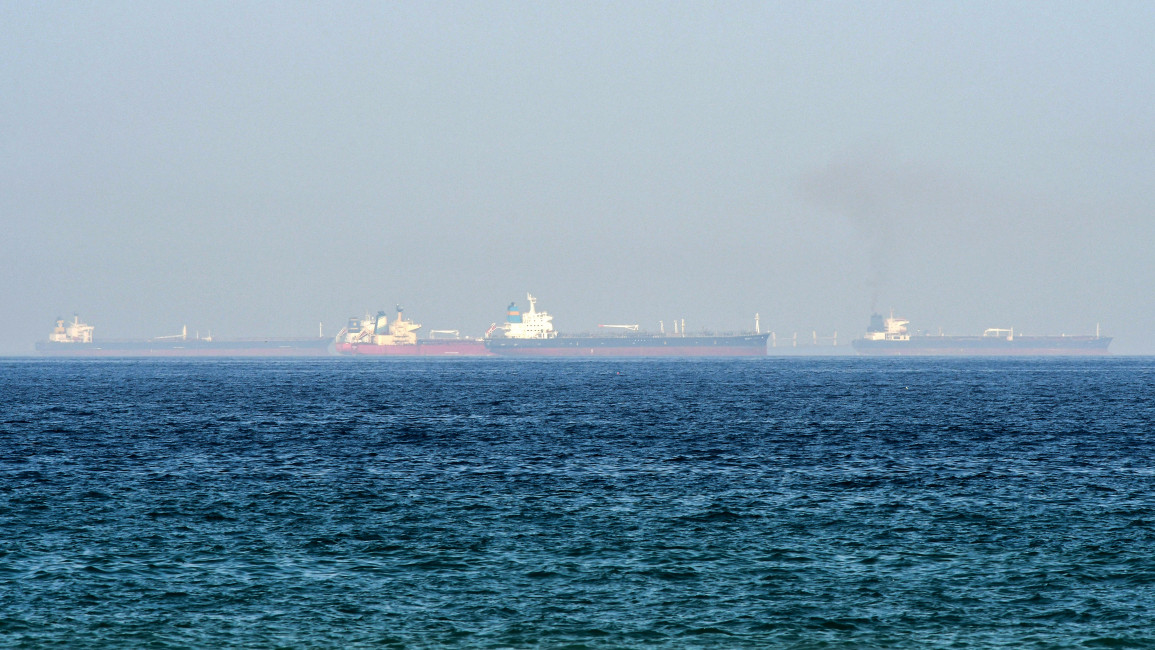Iranian fuel tanker departs for Lebanon amid energy crisis: monitor
One of two Iranian fuel tankers bound for Lebanon left the Islamic Republic on Thursday, as Beirut continues to suffer from an ongoing energy crisis.
The vessel contains "fuel for the power grid", according to TankerTrackers.com, an oil monitor.
A second vessel "that is loading gasoline" is expected to leave "first thing tomorrow", the organisation said on Twitter.
Hezbollah's leader Hassan Nasrallah said last Thursday that a tanker full of fuel was set to leave Iran "in the coming hours".
On Sunday, he indicated that the vessel was "at sea" and that another tanker was due to leave an Iranian port in the coming days. According to Nasrallah, yet more energy supplies still would be sent after that.
It comes as Lebanon suffers frequent blackouts and severe petrol shortages.
In response to a question from a Twitter user, TankerTrackers.com clarified that the ship did depart the port on Friday, however it only exited Iranian waters on Thursday.
The monitor explained "[i]t's a very long coastline and there are departure protocols".
It is unclear whether the second ship is set to leave Iran or its port on Friday.
TankerTrackers.com cautioned that the oil may not even arrive in Lebanon, given US sanctions against Iran.
2021-08-26 update regarding Iranian fuel for Lebanon:
— TankerTrackers.com, Inc. (@TankerTrackers) August 26, 2021
The tanker that is laden with fuel for the power grid has departed today while the other one that is loading gasoline is anticipated to depart first thing tomorrow.
More details for clients:https://t.co/6XvV0ZDP4C
Thx,
/TT
Speaking to The New Arab, Washington Institute think tank Friedmann Fellow Hanin Ghaddar expressed scepticism over Hezbollah's ability to help alleviate Lebanon's energy crisis.
"Hezbollah's role as a provider of fuel is unsustainable because its constituency is suffering even more from shortages as the hoarding of fuel is worse in the south [of Lebanon]," Ghaddar explained.
The unfolding energy and fuel crisis in Lebanon comes as part of a broader economic disaster for the country, which started in 2019.
Poverty levels have soared while the country's currency had nosedived by 90 percent of its black-market worth by March amid the collapse.



